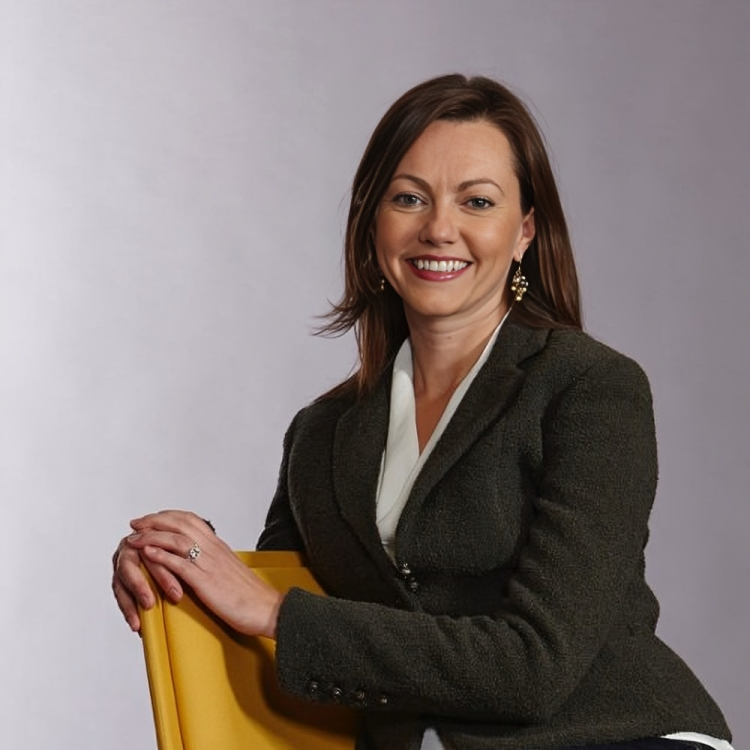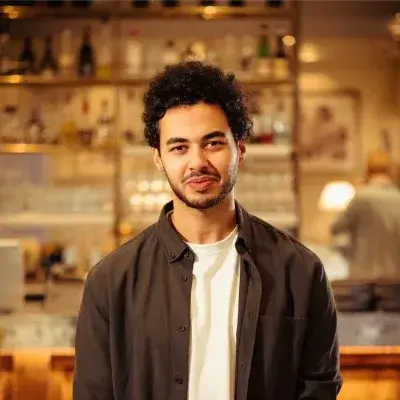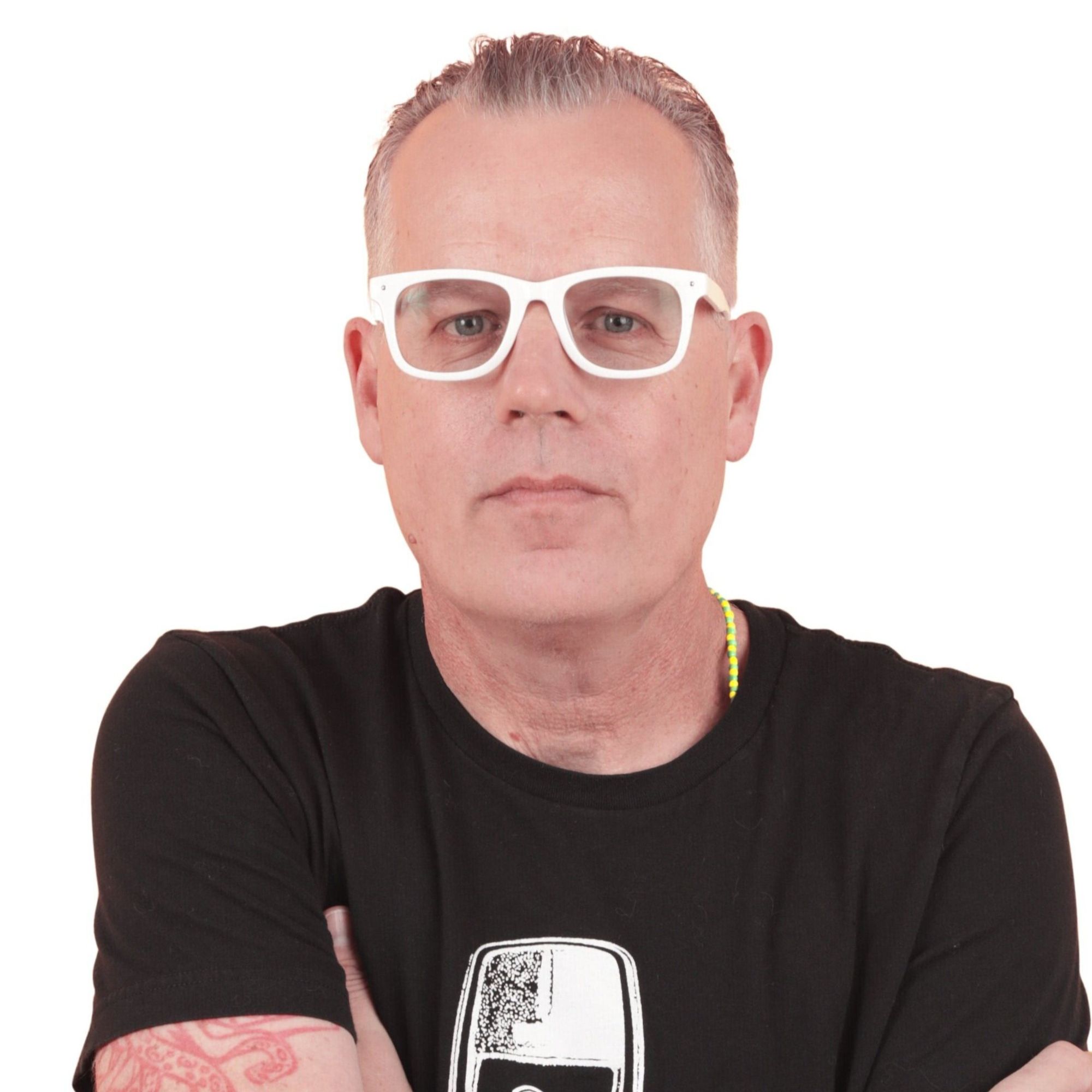We only take on 4 clients per month. Join our June cohort. 1 spot left.
Conversation
Highlights
Welcome to another episode of Category Visionaries, the show that explores the future of tech with innovative B2B founders. In today’s episode, we’re speaking with David Johnson, CEO and Founder of Dexai Robotics, a kitchen automation platform that has raised over $12 million in funding.
- David’s background as a hobby chef with a Ph.D. in physics, combining his passion for cooking with his knowledge of robotics and automation to build a robotic sous chef that can prepare meals using the same ingredients and utensils as human chefs.
- The problem Dexai solves: assisting chefs with mundane, repetitive tasks such as assembling salads, yogurt parfaits, and fruit cups on a large scale, freeing them up to focus on more creative aspects of cooking.
- The target market of commissary kitchens that prepare hundreds of pre-packaged, grab-and-go meals daily for institutions like airports, with an estimated 25,000 potential customers in the United States alone.
- The shift in attitudes towards kitchen automation, accelerated by the COVID-19 pandemic and the long history of using machines to aid in food preparation, making it more accepted and commonplace in modern commercial kitchens.
- The compelling ROI story, with the robot being cheaper than manual assembly at volumes of around 90 units per day, and a payback period ranging from three months to a year depending on production levels.
- The challenges of scaling a hybrid hardware-software solution, including operational issues like reliable internet connectivity at customer sites, training users to handle smart appliances, and interfacing with IT departments.
- The emergence of kitchen automation as a recognized category with a vibrant ecosystem, numerous players, and growing interest from customers and consulting groups.
- The lessons learned from high-profile failures in the automation space, highlighting the difficulties of building hardware that must function reliably in the real world.
- The importance of raising sufficient funds when needed, but not selling more of the company than necessary, and the value of partnerships to avoid building everything in-house.
- The long-term vision of putting a robot in every kitchen, both commercial and residential, dramatically impacting how food is prepared and borrowing techniques from traditional manufacturing to create smart, connected, and automated kitchen environments.
Actionable
Takeaways
Identify Inefficiencies Ripe for Automation:
Dexai's success stems from targeting a specific pain point in commercial kitchens - the need to automate repetitive, mundane tasks that don't require human creativity. Founders should look for similar opportunities to streamline processes and free up skilled workers to focus on higher-value activities.
Leverage Existing Trends and Attitudes:
The COVID-19 pandemic accelerated the acceptance of automation in the kitchen, as did the long history of using machines in food preparation. By tapping into these existing trends and attitudes, Dexai was able to overcome initial skepticism and position its solution as a natural evolution of kitchen technology.
Craft a Compelling ROI Narrative:
With a clear value proposition around cost savings and productivity gains, Dexai can demonstrate a tangible return on investment for its customers. Founders should strive to quantify the financial benefits of their solutions and communicate them effectively to potential buyers.
Anticipate Operational Challenges:
Scaling a hardware-based solution requires more than just technological innovation. Founders must also consider operational issues such as installation, maintenance, connectivity, and user training, and develop strategies to mitigate these challenges as they grow.
Balance In-House Development with Partnerships:
While building proprietary technology can create a strong moat, it can also be time-consuming and expensive. Founders should carefully evaluate which components of their solution are truly core to their value proposition and consider partnering with others for non-critical elements to accelerate development and reduce costs.























